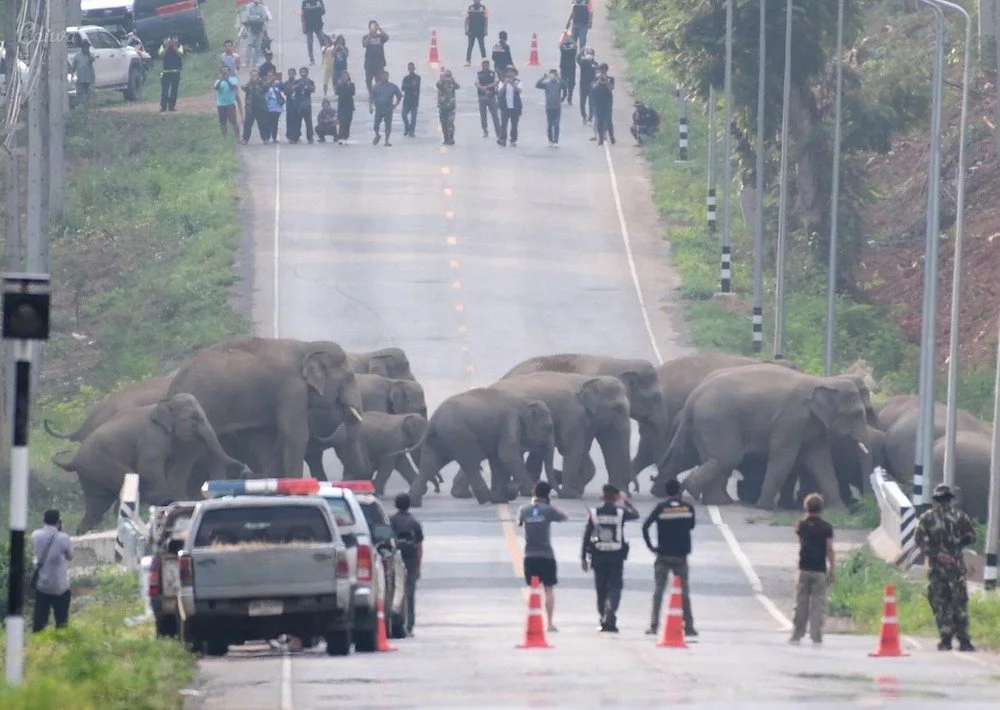Habitat fragmentation is the process in which large areas of habitat are broken down into smaller patches of land.
Imagine if you will, what would your life would be like if you restricted everyday how far you could go beyond your home to find food, resources, a mate. And please remove the ability to have items or your groceries delivered to your home.
This is what wildlife are experiencing globally.
When habitat fragmentation occurs due to human expansion such a road being built through a forest or human encroachment into wild areas, the wildlife struggle to move between the habitats they once knew and risking their lives.
Habitat fragmentation also reduces a species long-term health, increased inbreeding and loss of genetic diversity occurs, as well as population decline of a species.
Since I live near forest preserves, I see this happening to the wildlife all the time. I had to stop traffic on a street near my home, as a snapping turtle was making its way across to lay its eggs.
This is life as we know it as the human population keeps encroaching into wildlife habitats and the wildlife have less and less places to go.
Not only are animal species effected by habitat fragmentation, there is also a resulting biodiversity loss which impairs key ecosystem functions. Healthy ecosystems are essential not only to the species living within these ecosystems, but the planet at large because healthy ecosystems clean our water, purify our air, and regulate climate just to name a few.
We need to be mindful that the effects on the wildlife and ecosystems will ultimately have an effect on us. Giving the wildlife space will actually benefit us.
Photo courtesy of Voice for Asian Elephants Society
References:
https://ec.europa.eu/environment/nature/biodiversity/intro/index_en.htm


